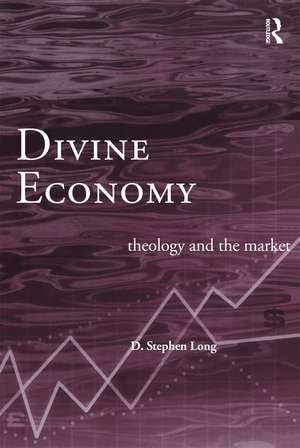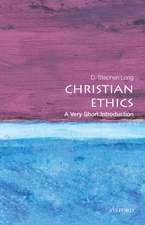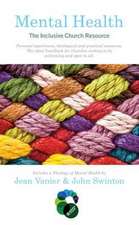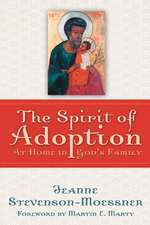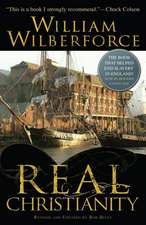Divine Economy: Theology and the Market: Routledge Radical Orthodoxy
Autor D. Stephen Longen Limba Engleză Paperback – 23 mar 2000
D. Stephen Long traces three strategies which have been used to bring theology to bear on economic questions: the dominant twentieth-century tradition, of Weber's fact-value distinction; an emergent tradition based on Marxist social analysis; and a residual tradition that draws on an ancient understanding of a functional economy. He concludes that the latter approach shows the greatest promise because it refuses to subordinate theological knowledge to autonomous social-scientific research.
Divine Economy will be welcomed by those with an interest in how theology can inform economic debate.
| Toate formatele și edițiile | Preț | Express |
|---|---|---|
| Paperback (1) | 471.25 lei 43-57 zile | |
| Taylor & Francis – 23 mar 2000 | 471.25 lei 43-57 zile | |
| Hardback (1) | 1115.02 lei 43-57 zile | |
| Taylor & Francis – 30 mar 2000 | 1115.02 lei 43-57 zile |
Preț: 471.25 lei
Nou
Puncte Express: 707
Preț estimativ în valută:
90.17€ • 94.39$ • 75.05£
90.17€ • 94.39$ • 75.05£
Carte tipărită la comandă
Livrare economică 31 martie-14 aprilie
Preluare comenzi: 021 569.72.76
Specificații
ISBN-13: 9780415226738
ISBN-10: 0415226732
Pagini: 336
Dimensiuni: 156 x 234 x 26 mm
Greutate: 0.5 kg
Ediția:New.
Editura: Taylor & Francis
Colecția Routledge
Seria Routledge Radical Orthodoxy
Locul publicării:Oxford, United Kingdom
ISBN-10: 0415226732
Pagini: 336
Dimensiuni: 156 x 234 x 26 mm
Greutate: 0.5 kg
Ediția:New.
Editura: Taylor & Francis
Colecția Routledge
Seria Routledge Radical Orthodoxy
Locul publicării:Oxford, United Kingdom
Cuprins
Acknowledgments, Introduction, PART I The dominant tradition: market values, PART II The emergent tradition: the protest of the oikos and the polis, PART III The residual tradition: virtues and the true, the good, and the beautiful, Notes, Index
Descriere
What has theology to do with economics? This first book to address the question directly will be welcomed by all those with an interest in exploring how theology can inform economic debate.
